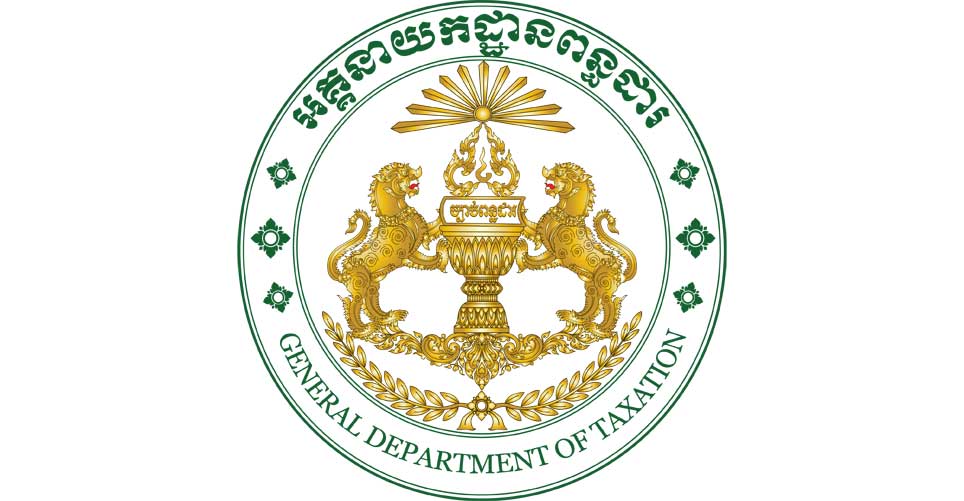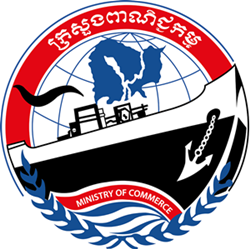Issue Description
Cambodia’s current regime of provisional measures, as prescribed under the Trademark Law, does not provide detailed and clear procedures to enable relevant administrative authorities to provide support to businesses who have had their marks infringed upon:
Under Cambodian law, provisional measures against Intellectual Property Rights (IPR) infringement may only be ordered by a competent court – a judicial judge is the only authority with competence to approve urgent measures. Court proceedings in Cambodia are perceived to be costly and time-consuming, and it is questionable whether the trademark right holder may obtain prompt and timely provisional measures for preventing an actual or imminent infringement or to preserve evidences;
Furthermore, the Trademark Law and its implementing regulations do not prescribe the types of provisional measures that could be ordered by the Court upon request of the rights holder. Cambodian courts have little experience in solving trademark infringement cases, and it is questionable whether the judge may order an efficient interim relief that is adapted suitably to each infringement case.
In many other countries, the state takes a greater responsibility for investigating incidents of trademark infringement, and it is the responsibility of the enforcing institution to initiate proceedings against infringing companies. For example, in Thailand, the Department of Special Investigations, which sits under the Ministry of Justice, takes responsibility for investigating economic crimes of high complexity or technology, including IPR infringement cases above a certain monetary value threshold. The Department of Special Investigations is able to bring cases to a specialised intellectual property court. Similarly, in scenarios where enforcement action needs to be taken swiftly, such as where a counterfeit production site or warehouse has been identified, enforcement agents in Vietnam have the authority to temporarily confiscate the goods, means, and instruments used for such infringement while an investigation is undertaken. By contrast, in Cambodia, injunctions are available only upon application by the brand owner to the courts, which can take longer and therefore decrease the effectiveness of the injunction.
Impact on business
The Royal Government of Cambodia recognises the importance of protecting IPR not only to meet Cambodia’s international trade agreement obligations, but also to provide the necessary security and protections to enable further private sector investment. Where robust IPR laws are being passed yet enforcement is more limited, this lessens the positive effect that Cambodia’s developing IPR framework can have on the Kingdom’s investment environment and national economy.
Recommendation
- Develop a more detailed legal framework to enable stronger provisional measures in the protection of intellectual property rights.
We respectfully request the Royal Government of Cambodia, through the relevant ministries and authorities, takes a greater role in the investigation of IPR infringement cases and in bringing such cases to court. The following two recommendations would help to realise this objective:
- The Trademark Law and its implementing regulations should define what constitutes effective provisional measures for preventing an actual or imminent infringement and preserving evidence. Provisional measures such as the seizure of alleged counterfeit goods for evidence purposes, the seizure of stock, and the freezing of assets and bank accounts of alleged counterfeiters, should be provided under Cambodian law.
- Furthermore, consideration should be given to reviewing the exclusive competence of the court to order such provisional measures. Empowering relevant administrative authorities to undertake provisional measures without needing to await a court order would help to support trademark rights owners in time-sensitive scenarios where the immediate imposition of an injunction would help to cease IPR infringement activities and preserve evidence to be later presented to the courts. The prescribing and monitoring of additional powers to be granted to these administrative authorities could be administered through a ‘Sub-Committee for Enforcement’ under the existing National Committee for Intellectual Property Rights.
Regarding this latter recommendation, it is worth noting that the Committee for Combating Against Counterfeit Products of High Risk for Health and Social Security is already mandated to take necessary actions to eliminate counterfeit products of high risk for health and safety which are circulating in the Cambodian market. In such scenarios, the Committee is authorised to confiscate such products and to prepare a case file to be submitted to the Court. Thus, the Committee is implicitly empowered to implement provisional measures consisting of confiscation of counterfeit products. Similar power should be extended to other specialised committees for the suppression of infringement or to other enforcement agencies.
Royal government of Cambodia
Initiative from Eurocham: The issue has been raised by the Tax Committee within The White Book edition 2024 in the Recommendation No. 69.

National Counterparts

General Department of Taxation

Ministry of Commerce

